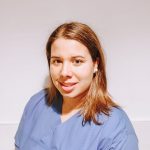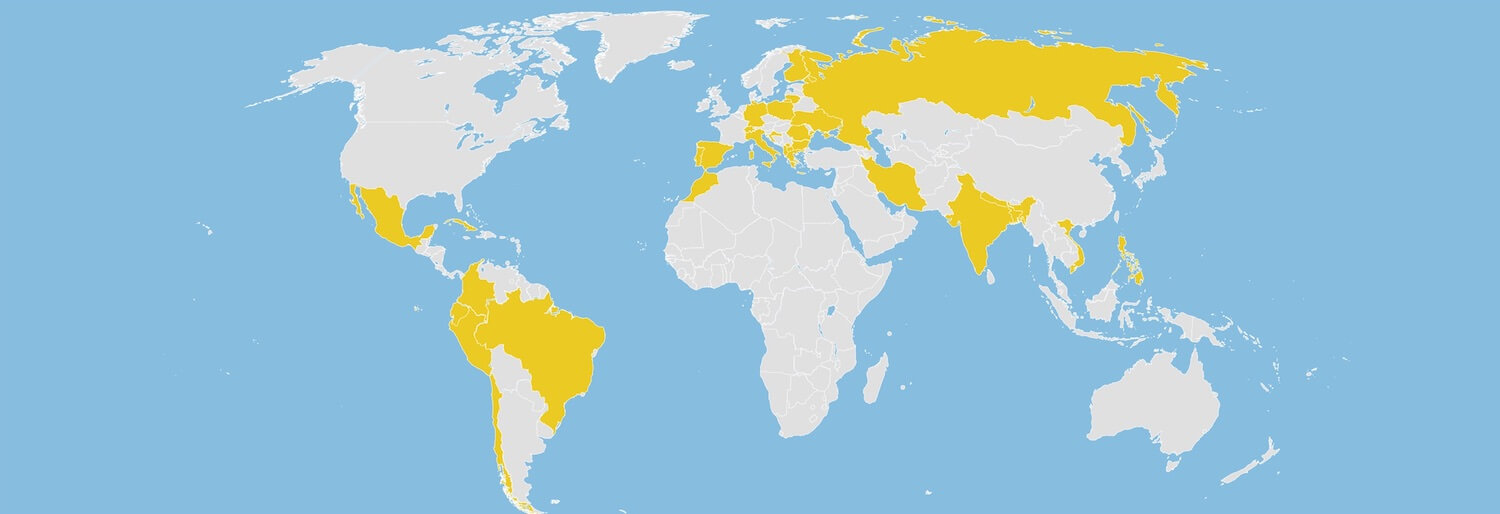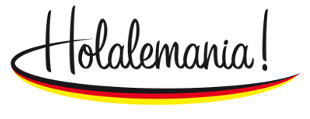Holalemania is always by your side during the whole process: from the first application or contact to the complete acclimatization here in Germany. We provide you with all the support you need to have a smooth start to work in Germany (recognition of your degree, finding an apartment and much more).

WHY COME TO GERMANY
WITH HOLALEMANIA?
BENEFIT FROM OUR NETWORK
The path to Germany is an exciting and appealing one. With our network of public and private hospitals throughout Germany, as well as our broad-based team to support you, the road to Germany is a lot easier than going it alone. The only requirement that we at Holalemania and your future employer expect from you is the motivation to learn German and to throw yourself fully into this adventure.
Permanent employment contract after 2 years at the latest
In some hospitals, even as soon as you start your work.
New personal and professional experience
Good development opportunities and enormous increase in knowledge
2,900 € salary at the beginning and 30 days annual leave
additional payment for night shifts, weekend work, holiday shifts etc.
Up to 8 additional days due to night duty
Learning German (financed by hospital)
After 6 or 8 months at B2 level
Good opportunities for promotion and further development
Many specialist training opportunities possible depending on area of assignment and interest
Higher salaries in other areas (OR, intensive care, etc.)
Advanced training offers not only a higher salary but also varied and challenging tasks
Good social benefits
e.g. health, nursing care, pension insurance, retirement benefits, diverse support for families
Support from us
Recognition of your studies, housing search, support from us in case of homesickness and problems on the ward, suport for your partner etc.
WORKING IN GERMANY
Working as a nurse
in Germany
Nursing professions form the largest group in the healthcare sector in Germany and the demand for qualified nursing professionals is very high.
One of the two most common reservations that our candidates see in the adventure of coming to Germany is the German language as well as the nursing tasks in Germany. Here in Germany, the profession of nursing is defined differently and considered more all-encompassing compared to other countries. It includes both basic care and treatment care. The philosophy behind this is that the focus of nursing is on patient orientation and patients have as few contacts as possible.
The nurse is comprehensively responsible for his or her patient – from hospital admission to discharge – and knows the patient’s medical history very well. Also, nurses are not seen as assistants to physicians, but as a fully-fledged professional group.
Our candidates are particularly positive about the flat hierarchy and the career opportunities offered by the numerous specialized training courses in nursing.
Further information on labor migration to work in the nursing sector in Germany as well as in additional languages Turkish, Arabic and Ukrainian.
Working as a midwife and
maternity nurse in Germany*
The profession of a midwife and maternity nurse is highly regarded in Germany.
As with nursing professionals, the activities of midwives and maternity nurses turn out to be somewhat different than in other countries. Since midwives and maternity nurses have a wider range of activities in Germany, they work more independently (e.g. carrying out U1). This usually requires a somewhat longer training period at the beginning, but since they also have a greater scope for decision-making, this is perceived as a great appreciation overall. According to midwifery law, for example, a midwife can conduct a normal birth on her own (doctors are only allowed to deliver without a midwife in emergencies). This obligation to consult, i.e. that a midwife must be present at the birth, only exists in Germany. From our experience, many of our candidates also rate this cooperation with the doctors as positive, since there is less hierarchy between doctors and midwives in Germany and they meet more at eye level. At the same time, the German doctors also comment very positively on the cooperation with the southern European midwives because they have a sound background knowledge and are extremely motivated and cooperative in their work.
Many candidates also report that births in Germany can be more multifaceted due to more birth options (ball, bathtub, acupuncture, etc.) and fewer C-sections (no instrumentation here), and that the expectant mother is also more involved in the birth process.
* Applies only to EU degrees
RECRUITMENT AND RECOGNITION PROCESS
2
Interview (via video)
-1. with Holalemania
-2. Together with Holalemania and the hospital
3
Language course:
Free German course incl. language certificate (B2 degree) between 7 to max. 11 months
4
Employment contract
5
Procurement of all
relevant documents
6
Arriving in Germany
7
Beginning work
8
Support during the recognition process
Further information for candidates from a third country
9
Intensive support for at least another year after starting work as well as support with family reunification.
LEARN GERMAN WITH US

“I learned German at B2 level after only a few months and I am so grateful that I took this important step. I feel very comfortable in my hospital and meanwhile, after only one year in Germany, I also support Holalemania with the new arrivals.”
You already speak a little German?
We support you in finding the right language school for you
Language course in your home country (face-to-face) or rather online? Start possible every month
The costs are borne
by the future employer
After 5-6 months you will
have reached the required B2 level
Great! Now your adventure can begin and we will take care of your recognition
Great! Now your adventure can begin and we will take care of your recognition

“Learning German can be a challenge, but with commitment and help it is an investment that can open doors for you professionally. You feel motivation, recognition and respect. Above all, you have really good working conditions in nursing here in Germany.”
NATIONALITIES OF OUR CANDIDATES

Albanian – Bangladesh – Brazilian – Bulgarian – Finnish – Greek – Indian – Iranian – Italian – Colombian – Kosovar – Croatian – Cuban – Lithuanian – Moroccan – Macedonian – Mexican – Nepalese – Peruvian – Filipino – Polish – Portuguese – Romanian – Russian – Swiss – Spanish – Ukrainian – Vietnamese
OUR CONTRACTING PARTNERS
AT THE GERMAN SCHOOLS
Good German language skills are the key to success when you start your career as a nurse or midwife in Germany.
Therefore, we have selected some cooperation partners in the area of language schools that offer the best
conditions to successfully pass the difficult goal of learning German at B2 level in 5-8 months:
OUR UNIVERSITY
COOPERATION PARTNERS
We are always in contact with different universities and hold fairs and applicant days specialized
in degrees in the field of nursing. Some of these cooperating universities:
OUR PARTNERS
To keep our finger on the pulse, we hold many webinars and fairs to get in touch with you.
These are some of our current partners:
YOUR ADVANTAGES WITH HOLALEMANIA /
WHAT WE DO FOR YOU
Choice of German course (in your home country or in Germany)
Choice of the hospital that suits you
Organization of the interview with your future employer
All-round support during your stay for an interview in Germany
Help with understanding and questions about the employment contract
Support with questions about preparing for the move
Support in finding suitable accommodation
Help with the professional recognition of your studies
Support with all German authority topics
Support with the first practical challenges in Germany (telephone contract etc.)
Support if you decide to bring your partner with you
Welcome book with useful information (list of native speaking doctors etc.)
Several structured interviews with us over the 1st year
Organization of meetings with other young colleagues from the same city







